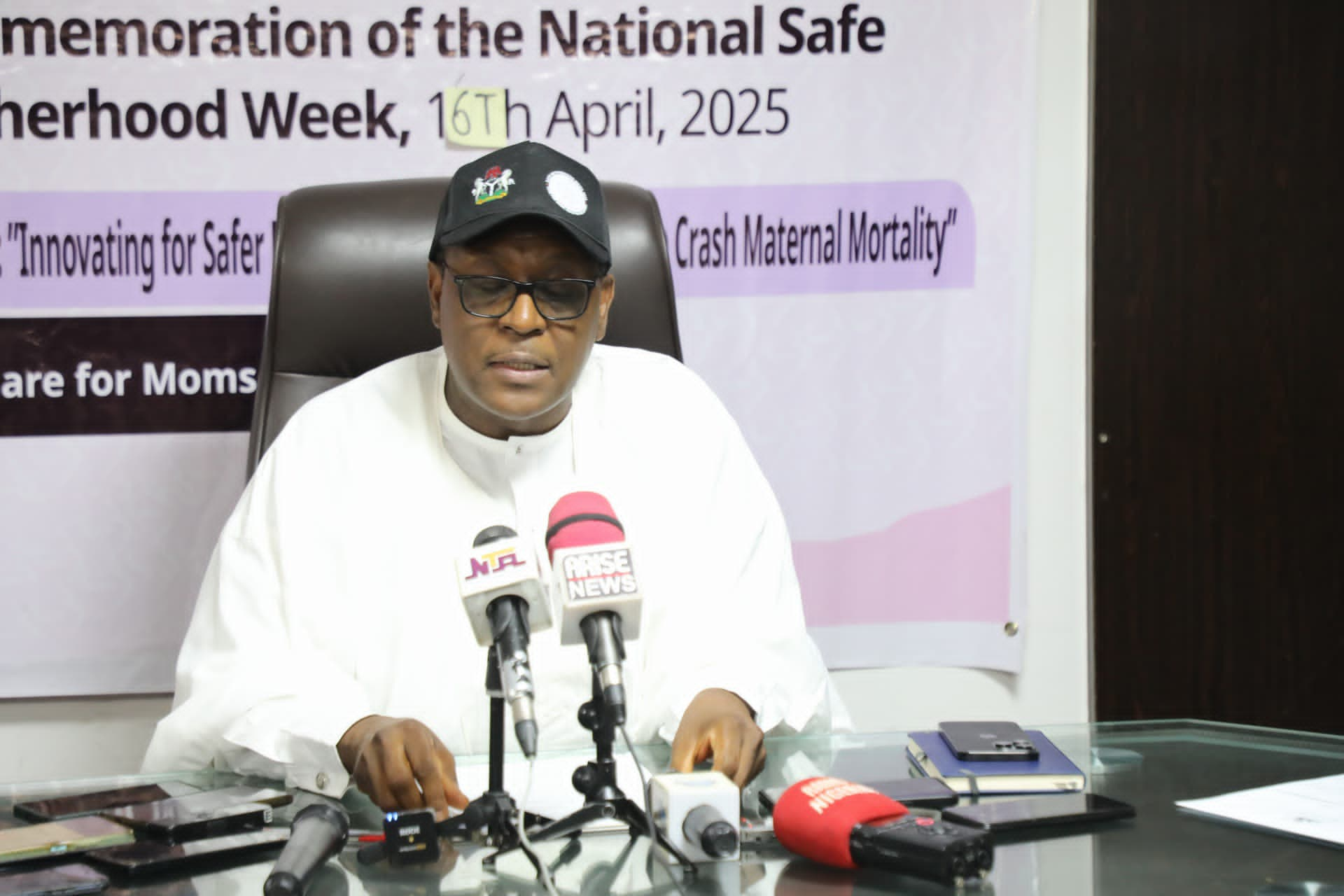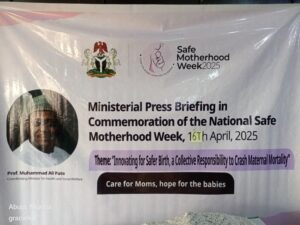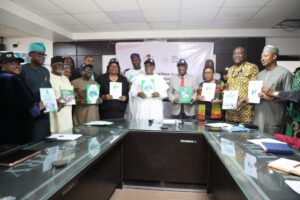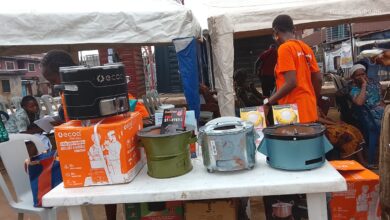
“Nigeria’s maternal mortality rate is among the highest in the world, and we must crush it now. These tragedies must not become normalized,” Pate declared
.
…..Launches Key Documents Addressing Childbirth Complications
By Fatima Saka
The Coordinating Minister of Health and Social Welfare, Professor Muhammad Ali Pate, has raised an urgent call for collective action to end maternal mortality in Nigeria.
Speaking at a ministerial press briefing in Abuja to mark the 2025 Safe Motherhood Day, Prof. Pate urged state governments, traditional leaders, healthcare workers, and individuals to join forces in the fight to save women’s lives during childbirth.

The minister emphasized that every maternal death is a profound tragedy, an irreplaceable loss to families and communities. “It may be just one statistic, but to that family, it’s 100%. That mother is irreplaceable,” he said.
In a bid to tackle childbirth-related complications, Prof. Pate officially launched several critical documents:

National Training Manual for Doctors on the Management of Obstetric Fistula
National Guideline for the Management of Pre-eclampsia and Eclampsia
National Safe Motherhood Strategy (2024–2028)
Essential Gynaecological Skills (EGS) Facilitator Manual
RMNCAEH+N Quality of Care Strategy
Guidelines for the Management of Postpartum Hemorrhage (PPH)
He said the these documents are intended to standardize care, improve clinical competencies, and enhance maternal health services nationwide.
Innovating for Safer Birth

Themed “Innovating for Safer Birth: A Collective Responsibility to Crash Maternal Mortality,” the 2025 Safe Motherhood Day aims to galvanize national commitment toward ending preventable maternal deaths. Prof. Pate urged families, especially husbands to ensure pregnant women receive adequate nutrition, antenatal care, and safe delivery services.
“Government alone cannot reach every household. Everyone across the chain from transporters to health workers must be involved,” he said.
Government Interventions
Highlighting government efforts, the minister revealed that 160,000 frontline health workers have been trained, surpassing a target of 120,000. He also detailed investments in:
Primary healthcare expansion
Maternal health commodities, including treatments for postpartum hemorrhage
The ResSmart ambulance system
National Health Insurance Authority (NHIA) initiatives to support maternal care
Prof. Pate also stressed the role of grassroots engagement: “That’s why we’re involving traditional leaders, civil society organizations, and the media. We need a societal consensus that the lives of our women and children matter.”
The minister spotlighted the Health Sector Renewal Investment Initiative as a transformative step toward systemic reform. Key achievements under this initiative include:
Strengthening of Primary Health Care (PHC) services
Expansion of skilled birth attendants in underserved areas
Nationwide scaling of free Comprehensive Emergency Obstetric and Newborn Care (CEmONC)
Implementation of free obstetric fistula repair programs in 15 facilities
Expansion of health insurance coverage
“These reforms are already producing results. We are beginning to see improved maternal and newborn health indicators in several states,” he said.
Reaffirming Nigeria’s commitment, Prof. Pate stated: “Safe Motherhood is not just a health agenda, it is a moral imperative and a critical measure of our national development. Today, we commit that no woman will die giving life and no child will be born into preventable suffering.”
Delivering the welcome address, Daju Kachollom mni, Permanent Secretary of the Federal Ministry of Health and Social Welfare, represented by Dr. Binyere Ukaire, Director of Family Health emphasized that maternal mortality is a personal tragedy for families and a reflection of health system failures.

“Our slogan, ‘Care for Moms, Hope for the Babies,’ is a call to action. Caring for mothers builds healthier generations,” she said.
Also speaking at the event, Dr. Walter Kazadi Mulombo, WHO Country Representative to Nigeria, praised Nigeria’s commitment to maternal health despite global geopolitical challenges.
READ ALSO: Nigeria, South Africa Unite to Harness Africa’s Mineral Riches
EU Seeks Strategic Partnership with Nigeria to Unlock $700bn Solid Minerals Sector
“Health is not a privilege, it is a human right. Nigeria is showing leadership by investing in maternal and newborn care, especially in hard-to-reach areas,” Mulombo said.
He emphasized the need for continued investment, legal protection of women’s health rights, and strengthening accountability mechanisms. “Together, we can ensure that every Nigerian mother and child has a safe and hopeful start to life.”





